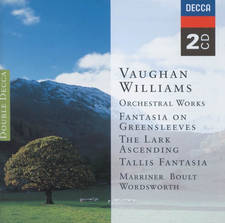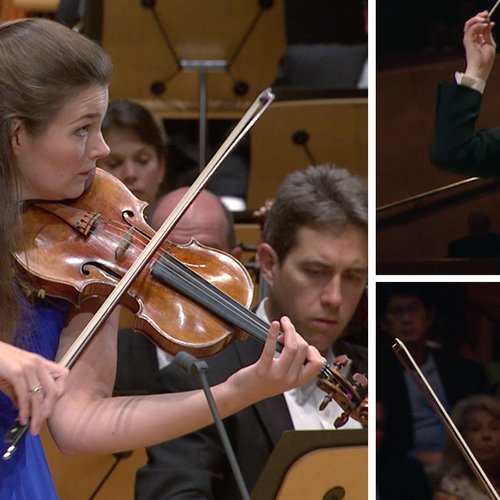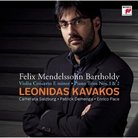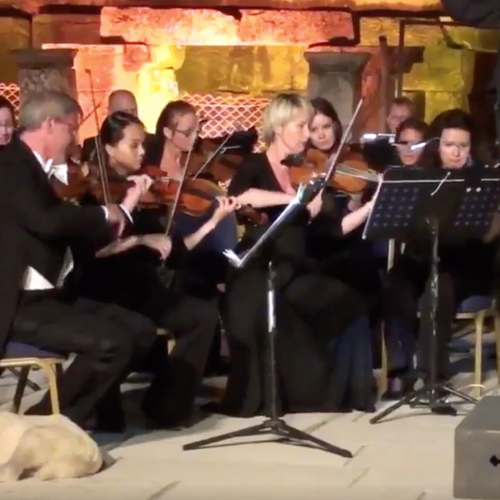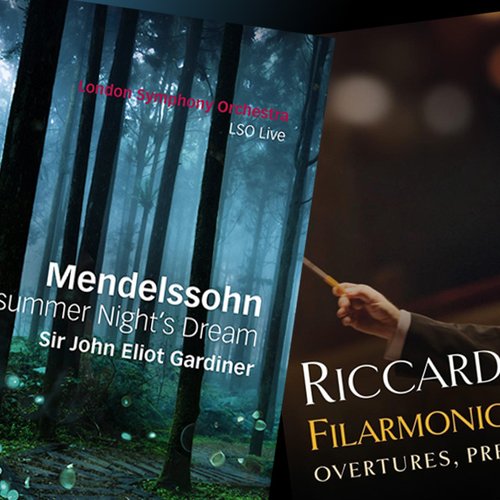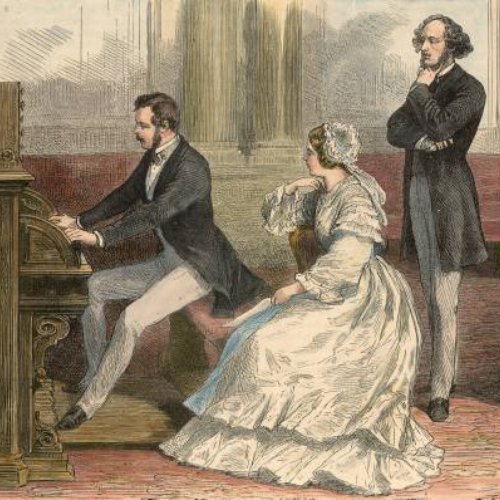Felix Mendelssohn Bartholdy - a Lutheran-Jewish composer
His dual name reflects a multi-faceted religious identity, but Hitler's Third Reich homed in on his Jewishness and banned Felix Mendelssohn’s music.
On the paternal side, Mendelssohn was the grandson of the 18th-century Jewish philosopher Moses Mendelssohn (1729–1786), but was not raised in the Jewish faith.
On March 21, 1816 – as it happened, the birthday of Bach – he was baptized, along with his three siblings, as a Lutheran. His parents, Abraham and Lea Mendelssohn, were baptized a few years later.
To acknowledge their new spiritual identity, the family adopted a second surname, so that Felix Mendelssohn became Felix Mendelssohn Bartholdy. Abraham intended that eventually his family would omit the Mendelssohn name altogether. His son never did so, however, and continued to sign his letters and publish his music under his dual name.
The issues of religious identity and intra-faith tolerance are critical to our understanding of the composer’s life and work. Of Moses Mendelssohn’s six children who survived into adulthood, two preserved their Jewish faith, while two converted to Lutheranism, and two to Catholicism.
Given this family history, it is telling that Mendelssohn set sacred texts for a variety of faiths, not just Lutheran, but Anglican and Catholic texts (Tu Es Petrus, Lauda Sion).
He wrote a short hymn setting for the Huguenot church, and towards the end of his life was in correspondence with the Neues Tempel of Hamburg, which commissioned him to compose several cantata-like psalm settings, ultimately unfulfilled.
Though Christian by virtue of his baptism and practising faith, Mendelssohn remained in the eyes of many a Jew. His family’s wealth partially insulated him from anti-semitic sentiments of the time; but after his death, Wagner attacked the composer’s memory in a racist essay published anonymously in 1850.
Wagner maintained that as a Jew, Mendelssohn could only imitate the profundities of Bach and Beethoven; his music was derivative and ultimately superficial.
The rise of the Third Reich in the 20th century did further, seemingly irreparable damage to Mendelssohn’s reputation. The Nazis tore down his statue that had stood before the Leipzig Gewandhaus. The Nazis banned Mendelssohn’s music but left his grave unscathed in the Trinity Cemetery of Berlin, liquidated the family banking house and banned his music.
But they were unable to expunge Mendelssohn completely from German culture. When Richard Strauss was asked to write new music for A Midsummer Night’s Dream, he replied that he could not improve on Mendelssohn’s music.
